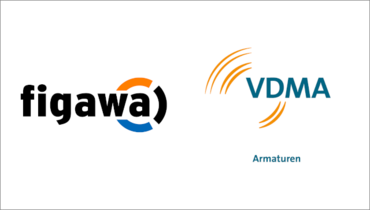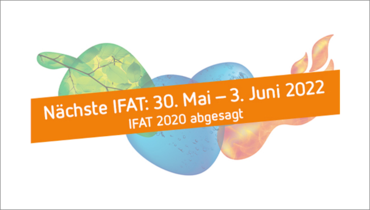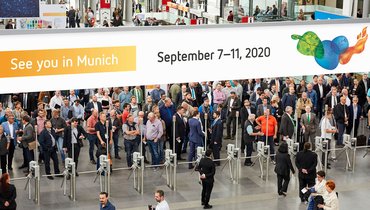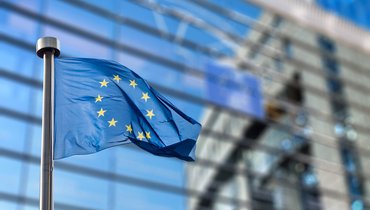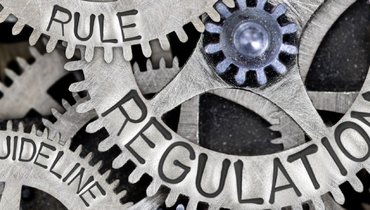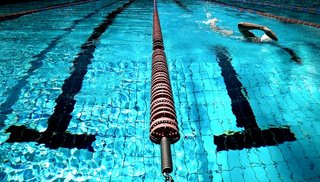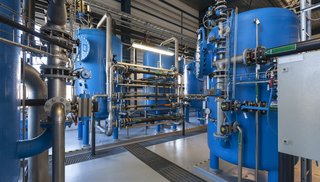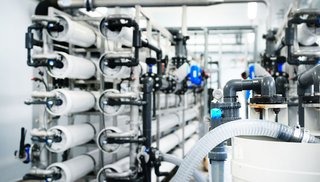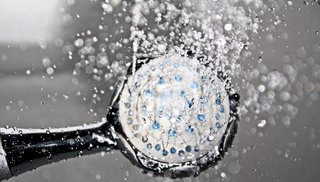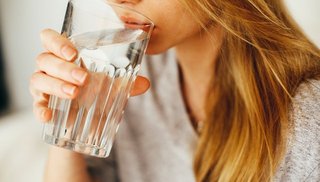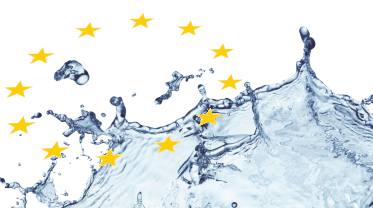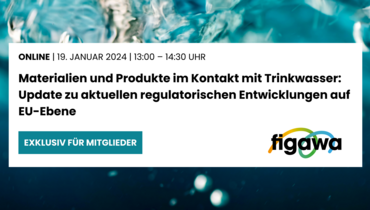
Water fulfils many functions in daily life and is essential for countless processes. For this it must be reliably available in defined qualities and treated accordingly.
The treatment of water involves a wide range of processes and substances that are highly regulated, especially in the drinking water sector. For this reason, it is essential to keep abreast of the latest standards and legal requirements in Germany and Europe.
Especially in the field of water treatment figawa offers in several very active working groups the possibility to get actively involved and not only to understand these framework conditions, but also to participate in shaping them.
News
Water treatment processes and their scope of application
Chlorate - New maximum value and an old problem
As part of the 19th amendment to § 11 list, a maximum value for chlorate of 70 µg/l was introduced in 2017 for the permanent disinfection of drinking water using calcium hypochlorite, sodium hypochlorite and chlorine dioxide. This is a national pre-emptive measure for an upcoming European regulation on the limitation of chlorate.
However, the corresponding ISO EN DIN 10304-4 of 1999 for the determination of the chlorate level does not provide clear information on sampling and sample preservation. A falsification of the already very low maximum allowed value of chlorate is therefore to be feared. It is therefore essential to add information on sampling and preservation to the standard.
figawa is working together with the "IWW Zentrum Wasser" to validate a suitable procedure on a scientific basis and to propose the findings to the relevant committees at national and European level. Subsequently, interlaboratory comparisons based on these findings are expected to follow.
Since chlorate is an essential by-product of chlorine compounds according to Regulation (EU) No. 528/2012, the so-called Biocidal Products Regulation, a reliable detection method is indispensable.
More information in figawa's WG "Chlorine and chlorine compounds".
The development of UV LEDs is progressing rapidly
Point-of-use disinfection systems with UV LEDs are now state of the art. The first UV disinfection systems with LEDs for individual water supply (as point of entry applications) are ready for market. If the development continues at the same speed, systems with flow rates in the range of a few 10 m³ will be available in the years to come.
Larger systems with a flow rate of several 100 m³ already exist as test samples, but are not used due to the current high production costs. However, production costs and thus prices have been falling continuously for years.
As with all innovative products, LEDs for disinfection applications have not yet been standardised nationally or in Europe. To change this, relevant manufacturers of UV LEDs have already joined figawa. The figawa Working Group on UV Water Treatment will push ahead with standardization for applications inside buildings . Intensive discussions are already taking place within the group and the responsible standardisation committees.
More information in figawa's WG "Domestic water treatment".

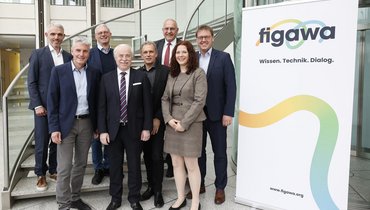
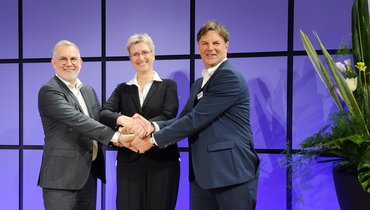
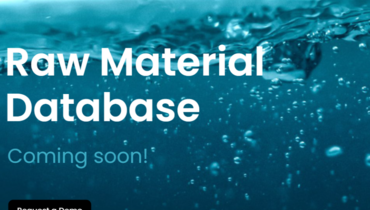
![[Translate to Englisch:] [Translate to Englisch:] Bild von <a href="https://pixabay.com/de/users/kalhh-86169/?utm_source=link-attribution&utm_medium=referral&utm_campaign=image&utm_content=3764767">kalhh</a> auf <a href="https://pixabay.com/de//?utm_source=link-attribution&utm_medium=referral&utm_campaign=image&utm_content=3764767">Pixabay</a>](/fileadmin/_processed_/f/1/csm_brexit-gd1ef62d6d_640_4d99aaa495.jpg)
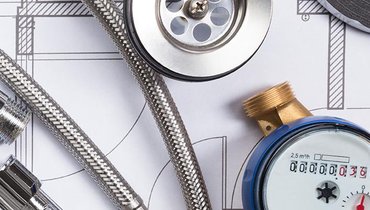
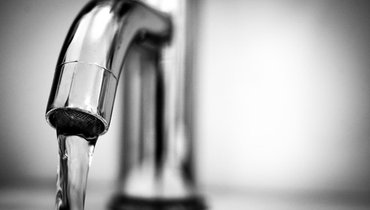
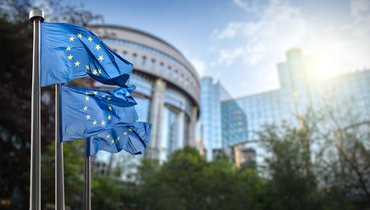
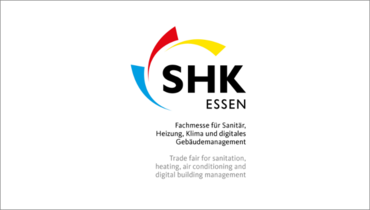
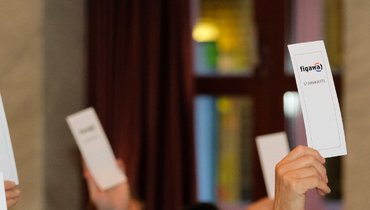

![[Translate to Englisch:]](/fileadmin/_processed_/0/1/csm_teaserbild_mitgliedsunternehmen_shutterstock_168422549_a690ddbee8.jpg)

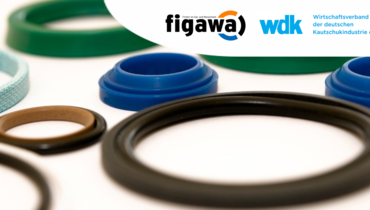
![[Translate to Englisch:] [Translate to Englisch:]](/fileadmin/_processed_/6/3/csm_echa_017_2cb2be228a.jpg)
